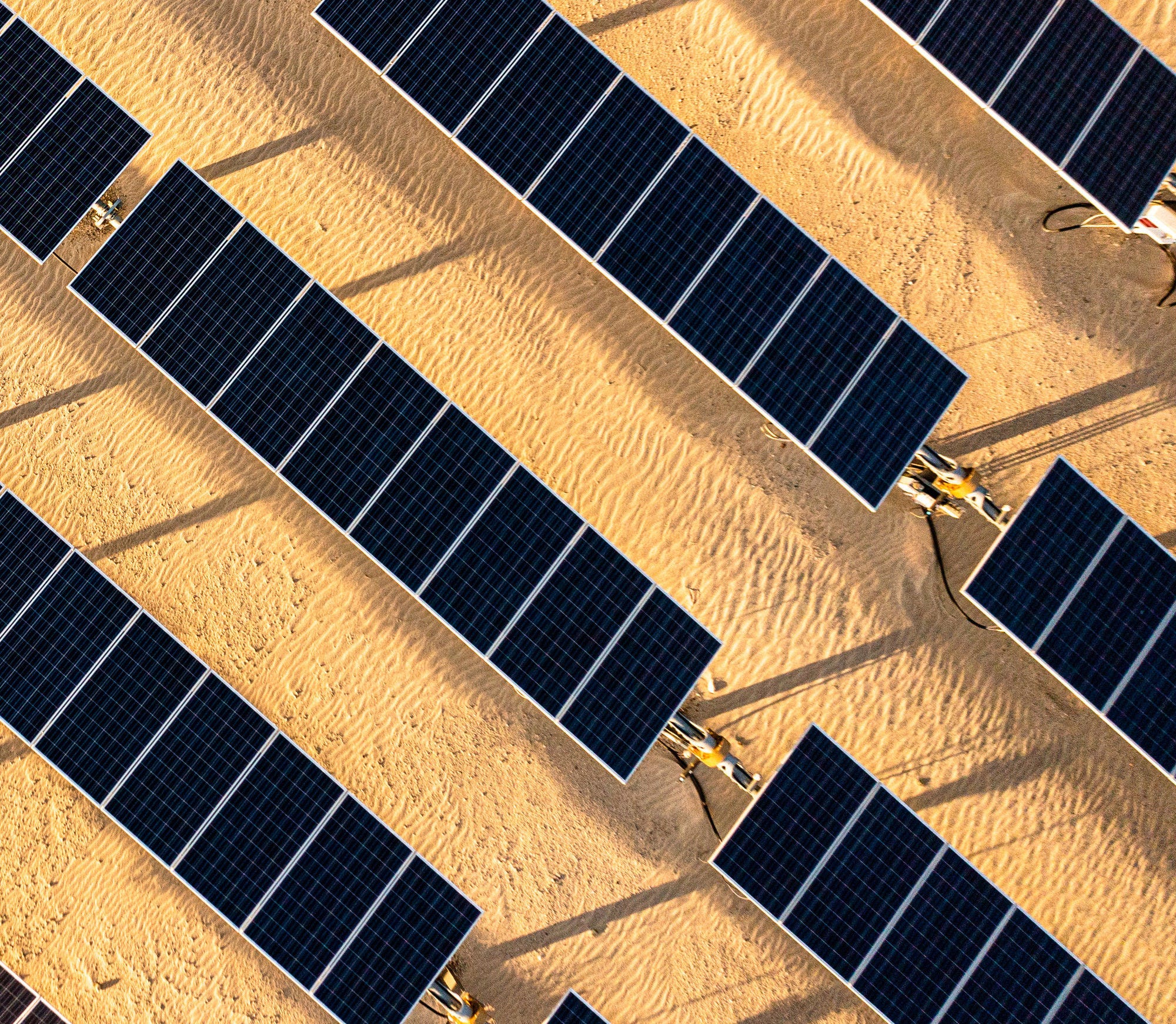Mauritania has high-quality wind and solar resources whose large-scale development could have catalytic effects in supporting the country to deliver universal electricity access to its citizens and achieve its vision for sustainable economic development.
Renewables deployment would benefit mining – the largest industry in the country – which is currently reliant on diesel and heavy fuel oil for its operations. A switch to renewable energy in the sector could lower costs, reduce emissions, increase efficiency and improve energy security in the country. There is also potential to further electrify energy uses in mining.
The government has announced various export-oriented projects to produce renewable hydrogen, ammonia and/or hydrogen-reduced iron. Anchoring demand on foreign offtakers would contribute significantly to de-risk these projects and generate the stable revenue stream needed to mobilise investors at the necessary scale. By attracting significant amounts of capital, such large-scale projects could enable a transformation of the power sector and spur sustainable economic development and growth, but robust and transparent policies and regulatory frameworks are needed.
This new IEA report – the first focusing on Mauritania – explores the potential benefits to Mauritania of developing its renewable energy options and includes an analysis of the water requirements of hydrogen and the potential for expanding potable water availability through seawater desalination.








